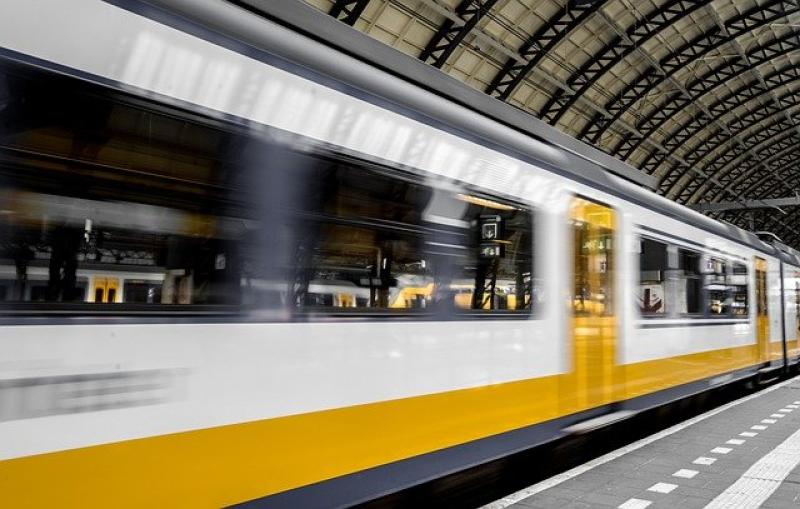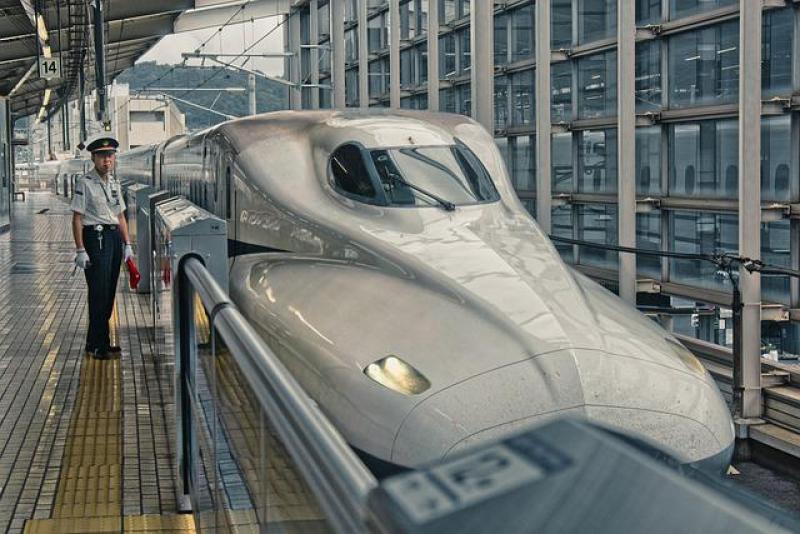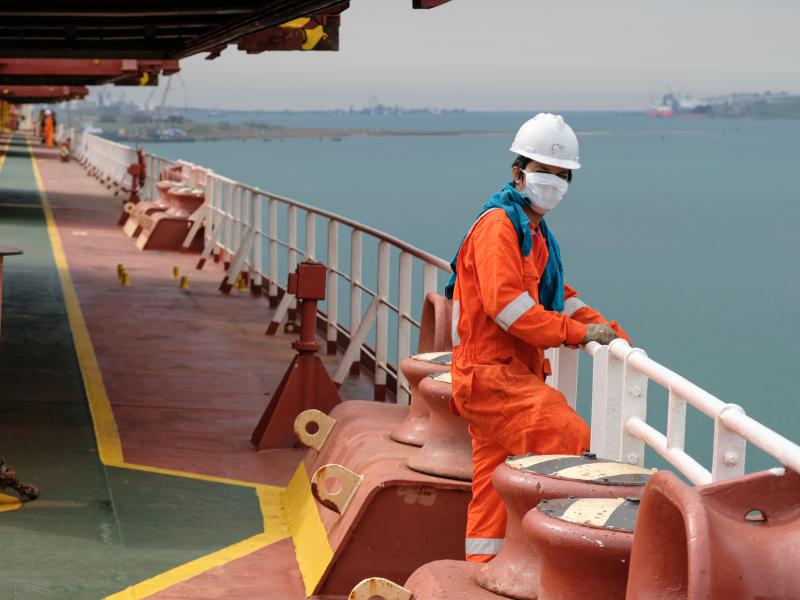Railways
Safe and sustainable rail can help power the world out of the economic, climate and social crises we face today. Safe and sustainable rail is a new economic and social model for the industry that redefines the role of passengers, workers, employers, and the state.
ISSUES
Railways are a key public service and an increasingly important part of supply chains. As one of the cleanest modes of transport, the key issue for the sector is ensuring workers are not left behind as investment in the sector grows.
The global call for safe and sustainable rail has four key pillars: safety, public ownership, sustainability and social justice. We believe railways should be publicly accountable and democratic, and that public ownership is key in achieving safe and sustainable rail. Together with our affiliates, we are working to ensure representation of young and women workers, ending gender segregation, tackling violence and harassment and promoting equality.
CONTACT US

The ITF railway workers’ section brings together affiliated unions from around the world defend jobs and promote safety for all. Following the restructuring of railway systems, our united focus is on:
- responding to the impact of changing jobs, working conditions and trade union rights
- promoting railway safety and organising railway workers across the industry
- advocating for public investment in the development of railways to ensure decent working conditions and permanent work
- building union capacity for negotiating with employers, governments and international institutions

The ITF has a vision for Safe and Sustainable Railways for All.
- Safety - Railways that are properly staffed are safer, whether that’s at the station, on the train, or in other essential areas like maintenance and repairs.
- Accessibility - Railways that are properly staffed are not only safer but are also more accessible for those with mobility issues, including older people and people with disabilities.
- Sustainability - Train travel is one of the most environmentally efficient modes of transport. Investment in rail infrastructure including trains that use clean energy is essential for tackling climate change. Rail workers must have a say in the introduction of new technology and be protected through a just transition.
- Public Ownership - Railways should be publicly owned and accountable. The primary interest of private operators is profit, not the social good.
停止对巴勒斯坦平民的暴力
必须立即停止压迫,尊重工人公民自由
2020年世界艾滋病日再次彰显我们与患有HIV的运输工人之间牢不可破的团结

We represent passenger and freight railway workers across city, regional and international borders.
We work to achieve safe and sustainable railways globally by conducting research and implementing campaigns which support our affiliates at national level, while also building alliances with global policy makers, international organisations and employers associations aimed at raising standards for railway workers.
| Contact us | |
|---|---|
SECTION SECRETARY Noel Coard | |
ASSISTANT SECRETARY Deniz Akdogan | ------------ |
Julio Adolfo Sosa
Muhammed Naseem Rao
C A Rajasridhar
Raul Sengo
Simi Laisingh
Preeti Singh
Innocent Luka Ajiji
Mahamame Thienta
Judith Lusaka
Ahmed Rachid Sennouni
Lounis Saidi
Thouraya Dilou
Mohammed Qasim Bani Asad
Alex Claassens
Vacant
Todd Valster
Hideki Fukuda
Banpot Sungkasuk
Divya Sharma
Giorgio Tuti
Helena Svobodová
Audun Sør-Reime
Gerhard Tauchner
Christian Tschigg
Jolanta Skalska
Eda Forner
David Gobé
Julian Ariel Sosa Cappello
Francisco Aparecido Felicio
Roger Alvarado Santeliz
Karina Fabiana Benemerito
Joel Kennedy
Arthur P Maratea
Alex Gordon
Vacant

The ITF Railways Section has 141 affiliates from 83 countries representing over 1,750,000 workers.





